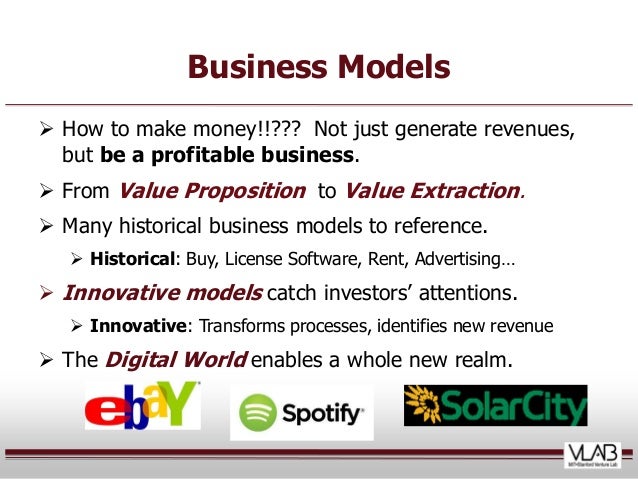Image source: http://image.slidesharecdn.com/lovethycar-141209070122-conversion-gate01/95/infographic-care-and-maintenance-tips-for-cars-1-638.jpg?cb=1418108708
Verify that any prospective mechanic has earned an A.S.E. certification. This type of certification means two years experience and also a passed written test. This will let you know that the best possible person is working on your automobile.
Do not take your car to the first mechanic you find. You need to do some research to find a reliable mechanic with fair prices. Ask your friends and family about the mechanics they have been to in the past and check the Internet to find reviews written by other customers.
Make sure that you do not neglect the radiator in your car. Simply run the engine a few minutes and then cut the engine and lift the hood. Never open the radiator while the car is on. Check the amount of fluid in your radiator with your dipstick and remember to mix the coolant with some water.
Always ask lots of questions when you take your car to get repaired. Don't let the mechanic intimidate you. Ask why something needs to be fixed or how it will be done. If the mechanic tries to brush you off, doesn't look at you, or refuses to answer your questions, consider taking your car to someone else.
Schedule yourself extra time for free checkups, especially if you are going in on a weekend. No matter how early you get in, there are only so many bays in the garage. That means that your car may have to wait for a few paying clients before it gets looked at.
Do not assume you have been ripped-off by your mechanic because of the high price of your bill. Some parts are very expensive to replace, including engines, transmission systems or dashboard computers. You should ask your mechanic about the cost of the parts he had to put in your car.
Make sure to have all your car records on hand. Keep these records in the glove compartment in the event that you need to make an emergency stop at your mechanic's shop. The auto shop will definitely want to see any records. This will facilitate quicker diagnostic processes.
Keep accurate records on what work has been done on your car and when. Many repair shops will keep this information for you, but that only works if you see them for everything for major breakdowns to oil changes. This can help in diagnosing problems, as you can show what fixes have already been attempted.
Your wiper blades should never be forgotten about. If the wipers are streaking, you may need a replacement. If you live somewhere that gets rain often, think about replacing your wiper blades yearly.
Wash and wax your car on a fairly regular basis. This will prevent it from becoming eroded. Many people go get paint jobs to cover the process of erosion. You can avoid having to pay for this if you make sure that your car is very well taken care of.
Consider investing in a service contract. Getting a service contract is similar to insuring your vehicle; you will pay a monthly fee to keep your contract valid and the company that issues the contract will cover needed repairs. Choose your contract carefully and find a contract that covers things you will actually need.
Pay attention to any fluids that pool under you car when parked. Small spots may not mean very much, but take note of what the fluid is. Plain water is usually just condensation that builds up on a car naturally. But bright green or orange fluid is the cooling system. Oily fluids are those like engine oil, or transmission fluid. These are warning signs.
If a part on your car has to be replaced, get an OEM (Original Equipment Manufacturer) part. If you want your car to run at the highest possible level, it is important not to just put any old generic part in your vehicle. While OEM parts cost more, they are worth it in the end.
Don't be fooled into getting an engine flush by repair technicians, as it is not a normal procedure. This is a costly service and not something that is typically done during the course of normal maintenance.
Prior to allowing an auto repair shop to fix your car, get a written estimate of how much everything will cost. While the actual total may vary, this will give you some idea of what to expect. Ask questions about anything you don't understand. It is important to be knowledgeable when it comes to what is happening with your car.
Find out about labor rates before you let a mechanic work on your car. You should have your mechanic diagnose the issues and assess how much work will be needed. Make sure you understand how the mechanic will bill you and have a manager give you an estimate of how much labor time is needed instead of trusting a technician who is not responsible for giving quotes.
Always get a second opinion before you have an expensive repair done. No one is perfect, so there is a chance that the shop is wrong about what is needed done. Additionally, you may be able to find someone to do the work for a far cheaper price than what your original shop quoted you.
The dealer's mechanics are expensive but worth it. The dealer mechanics are specialists concerning your type of vehicle. In addition, they will better know what can go wrong and thus fix it quicker. These mechanics are also subject to training programs regularly.
Now you're armed with how to deal with auto repair. Avoid the hassles and potential swindles of any repair shop experience and come out on top. Read this article to learn what you need to do the next time you have to repair your vehicle.

